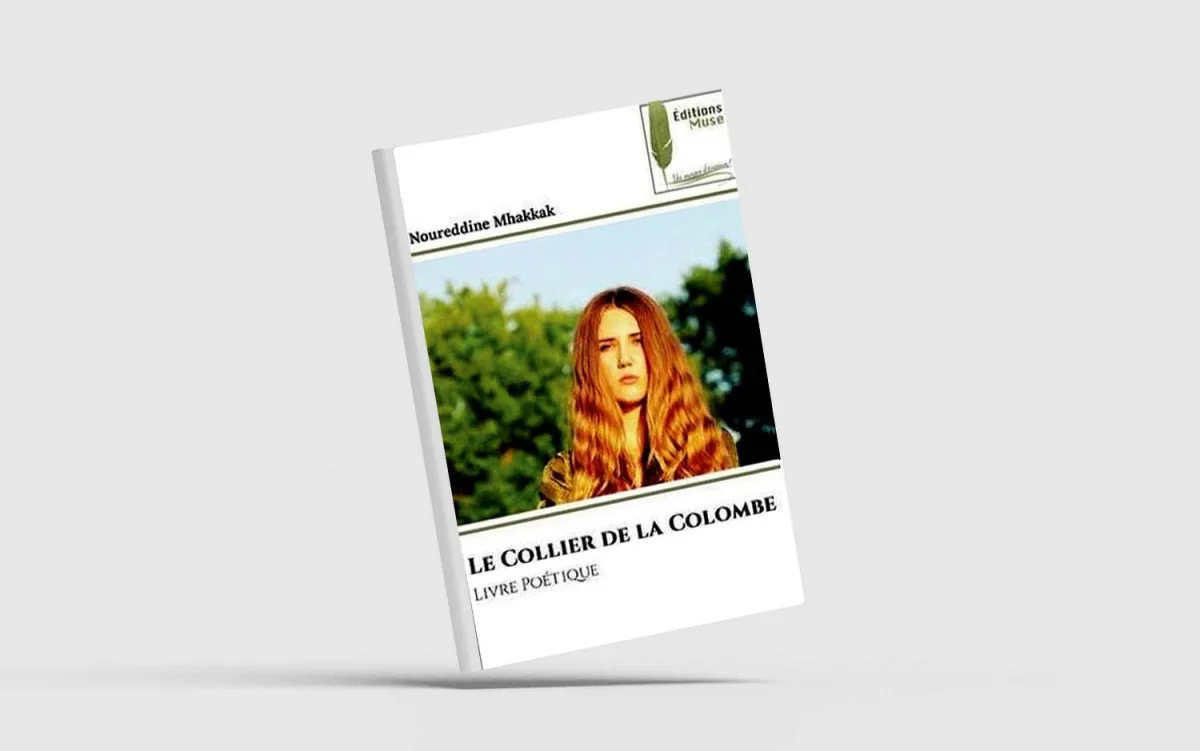Introduction to Grief
It’s not easy to be a victim of grief, and writers in particular don’t let you rest in peace. In his new novel, Bulgarian writer Georgi Gospodinov paints a bleak picture of the rapid and painful deterioration of his father’s health, which led to his death at the age of 79 after being diagnosed with cancer for a second time.
The Father’s Story
The narrator’s father derived his dignity from the dirt, working as a gardener and finding solace in the land. He grew up poor in a time when children were considered apprentices, and he was so poor that when the front of his school cap was damaged, he replaced it with the cover of his chemistry book by smearing it with shoe polish. He was tall and his love for basketball was awakened after watching a film about the Harlem Globetrotters team in the small town of Stara Zagora, but his parents discouraged this idea.
A Life of Struggles and Passions
He married and had two sons, and because of his stubbornness, he was fired or quit several jobs before working alongside psychiatric patients on a team treating plant pests. After the fall of the Berlin Wall, he experienced a series of failures in free farming, starting with a surplus of unwanted onions. His son even sadly called him “Don Quixote of agricultural work,” but his father’s love for the land remained unshakable and untouched. The family changed rental apartments frequently, but his garden was a movable feast: the dark blue tulips from Holland looked particularly delicious, and the narrator remembers him by a sprig of mint in an airplane dinner on a trip to India.
A Man of Contrasts
What about this man who was predicted by a fortune teller who visited his grandmother that he would live to the age of 93? He lost his sister when she was four years old. In addition, he was a sober man and a skilled storyteller. “You are Scheherazade, father!” shouts the son. His father smoked elegantly even after his first cancer diagnosis, influenced by classic Hollywood films. He had a loyal dog, similar to Argos, the dog of Odysseus, known in Greek mythology for his great loyalty.
The Novel’s Themes
The novel seems modest in itself, like a delicate plant growing among the busy autumn leaves. It’s a lament that sometimes has hints of black comedy. “In a way, his condition has stabilized,” thinks the narrator after naive friends ask him about his father’s health. “There is nothing more stable than death.” The narrator invokes the old expression "pushing flowers" (an expression that means a person is dead or in the grave), but presents it in a more poetic way by visiting the graves of Borges (with crows) and Thomas Mann (with bees) to seek solace.
Reflections on Grief and Memory
The narrator says, “I wonder if flowers are not hidden helpers for the dead who lie beneath them, watching the world through the binoculars of their legs.” This reflection highlights the themes of grief, memory, and the search for meaning in the face of loss. The novel is a powerful exploration of the human experience, and the ways in which we cope with the pain of losing a loved one. Through the story of his father’s life and death, the narrator offers a poignant and thought-provoking meditation on the nature of grief and memory.

